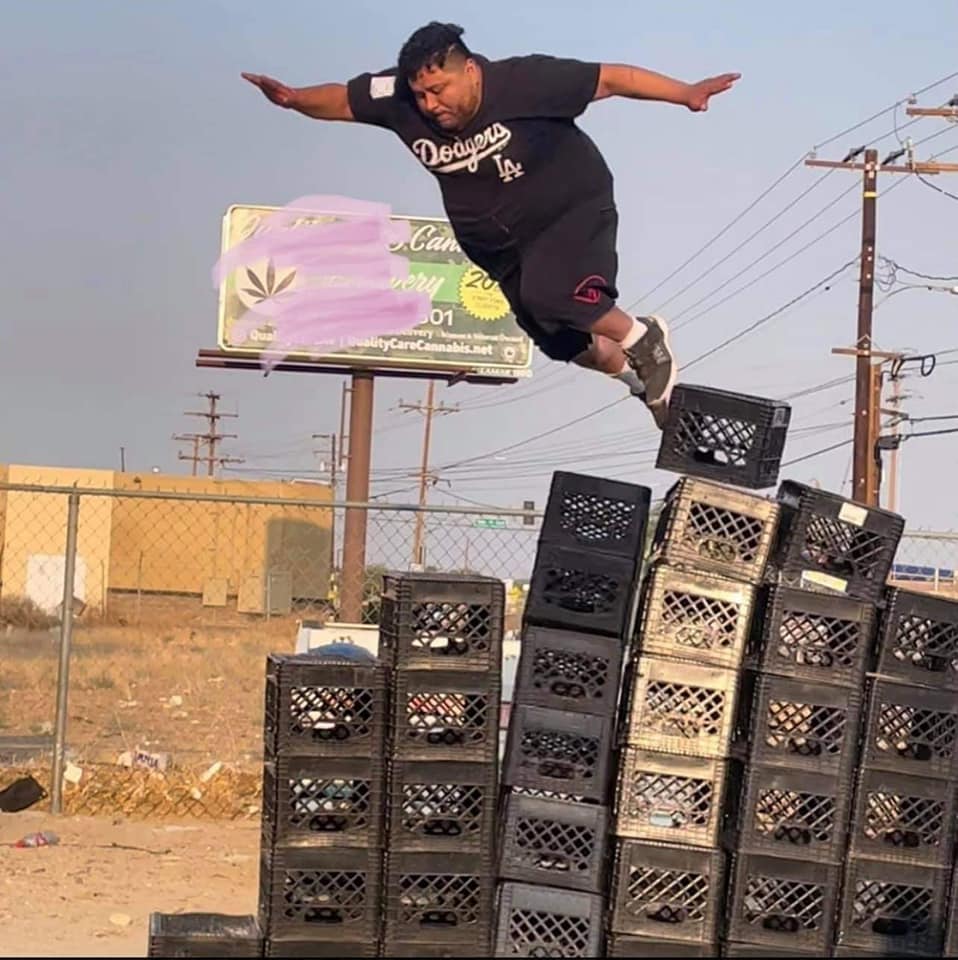Global Issues
The Dark Side of Social Media: Unintended Consequences in Nigeria -By Fadeela Mustapha Lawan
There are several measures that can be taken to address the negative effects of social media in Nigeria and this can promote peace in the country. First, there needs to be increased education and awareness about the dangers of social media. This could include educating young people on the risks of sharing personal information online and the dangers of cyberbullying.

Imagine a world where people are exposed to nudity and scams on a daily basis. For many Nigerians, this is a reality due to the proliferation of social media. With a simple click of a button, anyone can share or receive offensive and harmful content. From explicit photos to phishing scams, social media has created a world where it’s easy to fall victim to exploitation. And it’s not just individuals who are affected businesses and organizations are also struggling to navigate this new landscape.
The rise of social media in Nigeria has been both a blessing and a curse. On one hand, it has given people a platform to connect and share information. On the other hand, it has also led to the spread of nudity and scamming. For some, social media has become a place where they feel unsafe, uncomfortable, and vulnerable. This is especially true for women and young people, who are often the targets of harassment and abuse. In the early 2000s, social media platforms like Facebook and Twitter began to gain popularity in Nigeria. While these platforms have many benefits, they have also been misused by Nigerians, leading to the spread of fake information, nudity, scamming, and other harmful activities. This has had a significant impact on the country, causing problems for both individuals and the government.
There are several social media platforms where women face harassment in Nigeria. WhatsApp is one of the most popular platforms, with over 100 million users in the country. On WhatsApp, women have been subjected to sexual harassment, including receiving unsolicited nude photos and explicit messages. Facebook is another platform where women face harassment, including being sent sexually explicit videos and images. There have also been cases of women being threatened with violence or blackmailed on Facebook.
But, one of the major social media platform where women have been particularly vulnerable to harassment is Instagram. In fact, several Nigerian celebrities have spoken out about the harassment they have received on the platform. For example, actress and singer, Adesua Etomi-Wellington, was harassed on Instagram by users who made sexually explicit comments about her. In another case, rapper, Olamide, was harassed on Instagram by users who made sexually explicit comments and sent him nude photos. The social media activities of “yahoo boys” a term used to describe internet scammers in Nigeria, have had a number of negative effects on the country. For one, their activities have contributed to the spread of false information and fraudulent schemes. They have also created a false impression of Nigeria as a nation of criminals, which has impacted the country’s reputation internationally. In addition, the activities of yahoo boys have led to a loss of money for both individuals and businesses, as they are often targeted by these scams.
Social media has contributed to violence in Nigeria is by providing a platform for hate speech and misinformation. Hate speech and misinformation can incite violence by promoting hatred and division among different groups. In addition, social media has been used to coordinate and organize violence, such as the #EndSARS protests in 2020. Social media can also be used to spread fear and panic, which can lead to violence. furthermore, social media has made it easier for criminals to coordinate their activities and plan attacks. The use of social media by young people in Nigeria has led to several negative consequences, including increased exposure to violence and immoral content. For example, young people have been exposed to graphic violence, such as images of terrorist attacks and executions. This can be particularly harmful for children and young people, as they may not be able to process or understand the content they are seeing. Moreover, social media has made it easier for young people to access and share inappropriate content, including pornography and other sexually explicit material.
There are several measures that can be taken to address the negative effects of social media in Nigeria and this can promote peace in the country. First, there needs to be increased education and awareness about the dangers of social media. This could include educating young people on the risks of sharing personal information online and the dangers of cyberbullying. Second, there should be stricter regulation of social media platforms in Nigeria, including laws to prevent the spread of misinformation and hate speech. Finally, social media platforms should take more responsibility for monitoring and removing harmful content.
Fadeela Mustapha Lawan wrote from the Department of Mass Communication, Borno State University.

















